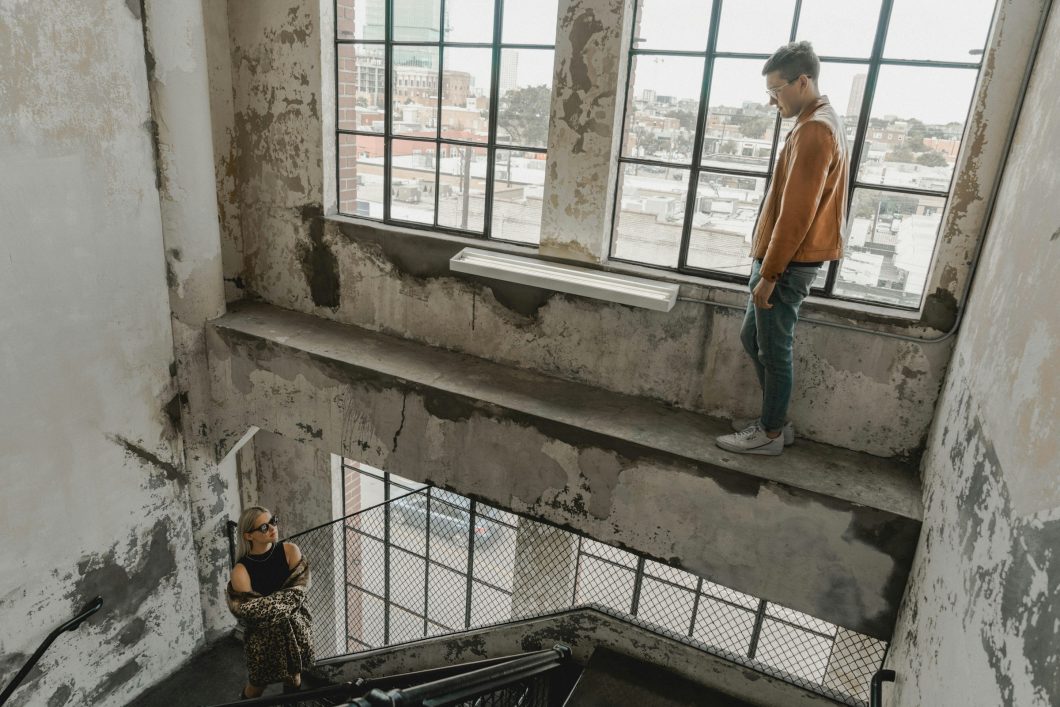Leading presents a myriad of challenges, often the controlling path feels like the simplest and quickest. However, we know that forcing people to comply or rebel creates a legacy of unseen debt and resistance so how can we manage these tricky conversations in healthy ways? How can we live up to our leadership aspirations, achieve results and create the environment where our diverse teams can feel heard, respected, and thrive?
What has getting here cost us and what are we asking people to give up?
If we want to create teams where people feel valued, and where they want to do their best work, leaders would do well to be mindful of the price people paid to get to where we are today. Yes – remote working came with benefits, as it came with costs.
People had to sacrifice space in their homes. Some people moved to different locations, had children, or acquired pets after being told that remote working was here to stay. Others had to redefine all their relationships as work arrived in 2020 like an uninvited house guest that just wouldn’t leave. People had to work out new ways to eat, exercise, relax, switch-off, be partners, be parents, be alone, and socialise.

So, we should consider that on the surface we might feel like we are only asking people to renegotiate their employment location, but under the surface we are asking them to renegotiate their relationship with many other parts of their lives too.
These include their relationships with their children, partners, and possibly parents. It probably includes their relationship with their health and exercise, and maybe their relationship with their mental wellbeing. We might also be reshaping our relationship with religion, learning, or nature. We really can’t tell what we are asking when we make the simple request to return to the office but for most people remote working was not a simple thing to set up and the transition to unravel it will take time, willingness, and psychological adjustment for our employees and their families.
To create a fair exchange, if we are asking for the benefit of having people in the office, maybe we could be open about the perceived benefits and be prepared to shoulder some of the costs of that change too, whether that takes time or money? Maybe we could also take an experimental and incremental approach to change, inviting people on the journey to help navigate together.
What are we asking people to agree to?
There are several ways this subject can be broached. We can take the unilateral ultimatum approach where the offer is “Agree to my authority or leave”, which seems to be favoured by the broligarchy. Alternatively, we might take a different approach where we acknowledge that remote working was a difficult transition for everyone, employees, leaders and organisations too, as well as everyone related to them. We might also reflect on how, without it, many organisations would not exist today so the difficulty that people went through kept the organisations afloat in difficult times.
“Between what is said and not meant, and what is meant and not said, most of love is lost.” – Khalil Gilbran
For the sake of expediency, we often rush our conversations. We fail to show our workings out and get confused or upset when people prioritise different things to us or they reach a different conclusion.
However, if we lean towards the latter stance, away from control and judgement and towards listening and openness, we can approach each other from a place of respect and make room for flexibility, empathy and gratitude on both sides. As we see each other in context, looking and listening beyond the surface the need for conflict diminishes and we can work out what a way forward that feels honest and respectful whether the next chapter for an organisation and employee is together or apart.
What we create space for is allowed to move and to heal, what we close down festers and resurfaces in unhelpful ways. So, when we stop trying to force something to happen, and instead create a open dialogue where people feel respected and heard the way becomes clear for the beauty of emergence to surprise us.
